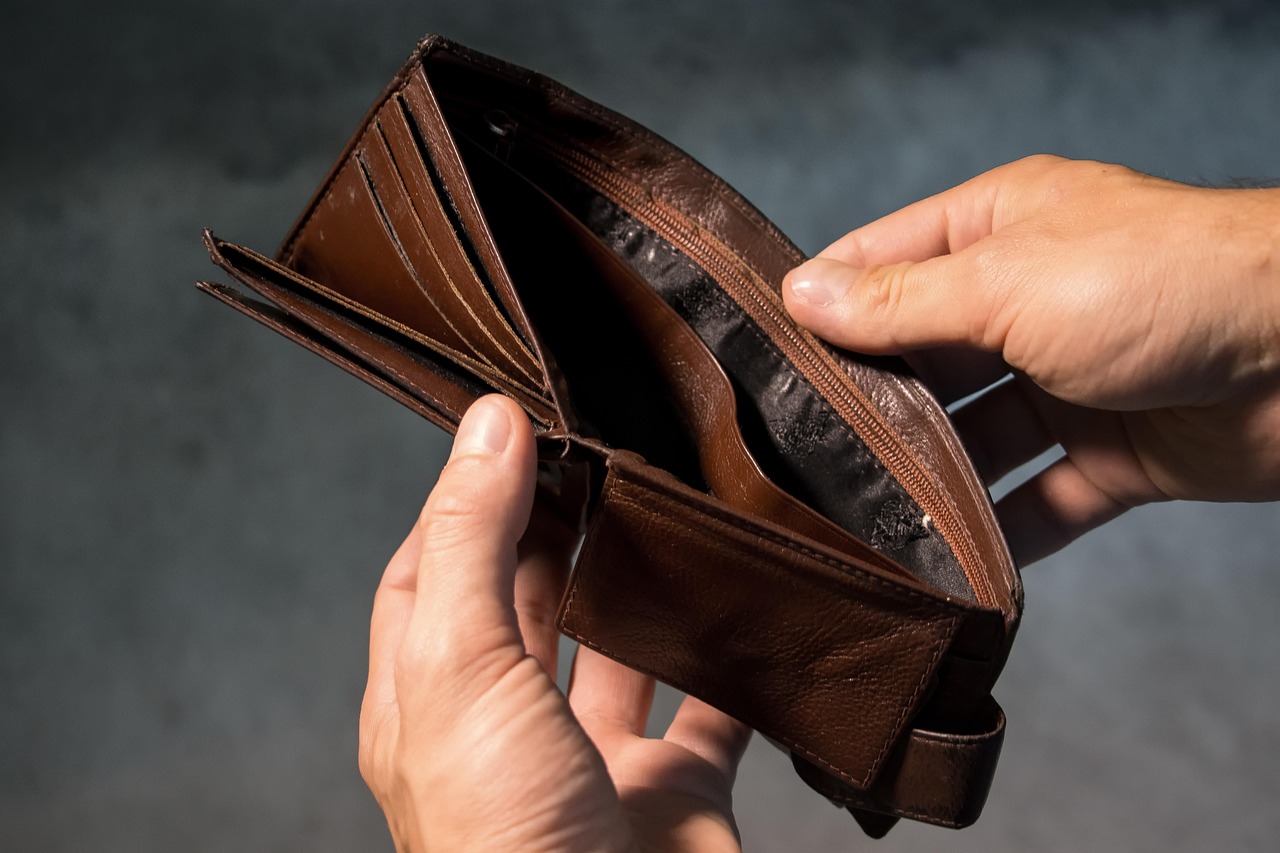As the economy continues to languish, Americans are still struggling to make ends meet. Rising grocery, rent, and gas prices are depleting bank accounts more quickly than in recent years. Unfortunately, budgets are becoming too stretched to make credit cards and auto loan payments reliably. As interest rates continue to soar and the moratorium on student loans expires, there does not seem to be an end in sight for the average consumer.
According to a recent article in the Washington Post, low- and middle-income wage earners have been affected most significantly by the rising cost of living, despite the Federal Reserve’s actions meant to moderate the nation’s high inflation. The same story presented a report from Equifax indicating that credit card delinquencies have hit 3.8% in 2023, while 3.6% of consumers have defaulted on their automobile loans. Both of those figures represent the highest default percentage in over a decade.
“The increase in delinquencies and defaults is symptomatic of the tough decisions that these households are having to make right now — whether to pay their credit card bills, their rent or buy groceries.” Mark Zandi, chief economist, Moody’s Analytics
After the pandemic – which was characterized by fewer hours, lost jobs, and closed businesses – borrowers running low on savings resorted to opening additional lines of credit. The move was necessary to pay off their debts, but with an average interest rate at a record high of 20.6%, it only worsened the problem over the long term.
In fact, industry insiders believe that 70 million more active credit card accounts are open now than before the pandemic – and the New York Federal Reserve reports that credit card debt has surpassed $1 trillion for the first time in history.
According to the Post, Mike Brisson from Moody’s Analytics refers to the growing amount of delinquencies as “very concerning.” Corporate retailers, including Macy’s, Kohl’s, and Nordstrom, have also reported elevated delinquency rates among their customer base who use the store card.
The Timing is Not Ideal
Although we haven’t yet said goodbye to summer, the holiday season is only a few short weeks away – a time of year notorious for overspending and extending finances beyond comfortable levels. The good news for Floridians is that the cooler months actually represent relief in the area of utility bills. We can turn off the air conditioner and are not vulnerable to the high cost of keeping a home warm in the winter.
Although delinquency is on the rise, consumers are still doing everything they can to keep their heads above water.
“People don’t like going into default or delinquency with credit cards — it makes a lot of people feel very nervous and unhappy. It underlines how much some consumers are under pressure, and it’s one of the cracks that are appearing in the consumer economy.” Neil Saunders, Managing Partner at GlobalData.
Consumers Have Options
When national economic conditions make it challenging for people of good faith to meet all of their obligations, bankruptcy may be the best option.
At the law offices of Richard V. Ellis, we understand that this economy has affected thousands of area families who are trying their best to make ends meet. If you are having a difficult time, you are not alone.
You do not have to continue to endure hardship under situations that are out of your control. Help is available. Richard V. Elis and his team have the expert knowledge and compassion required to ensure that you can solve your financial problems and put the stress behind you.
Call our offices today to set up an initial consultation and learn more about the pathway to financial health.





